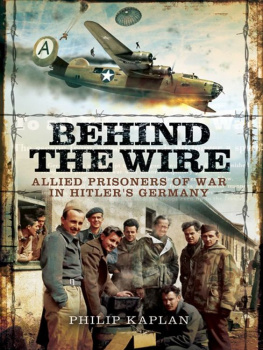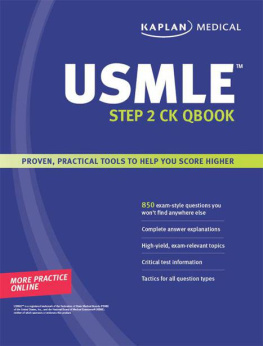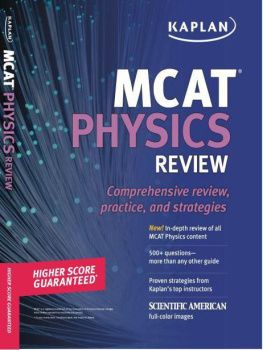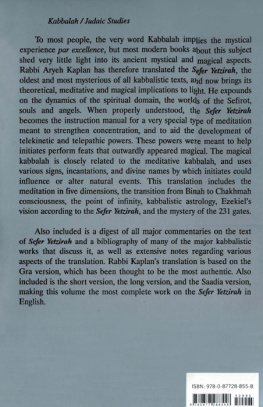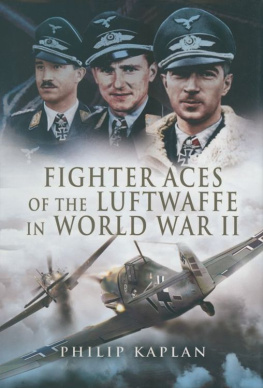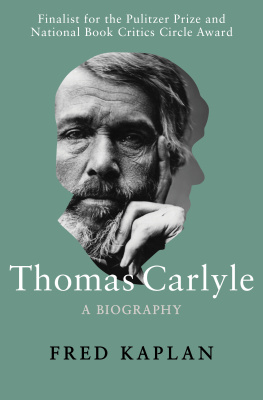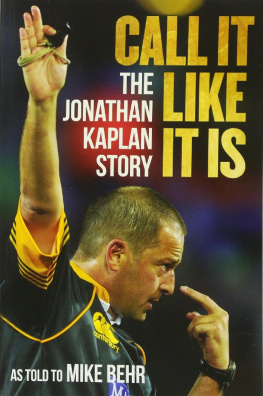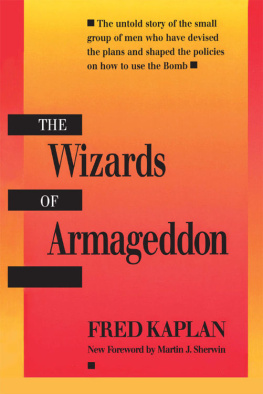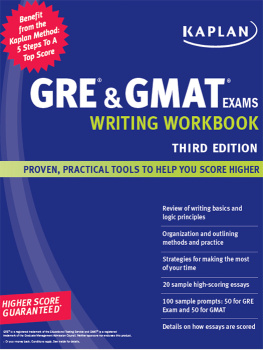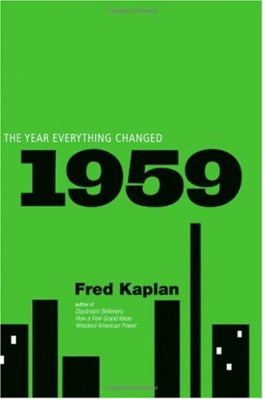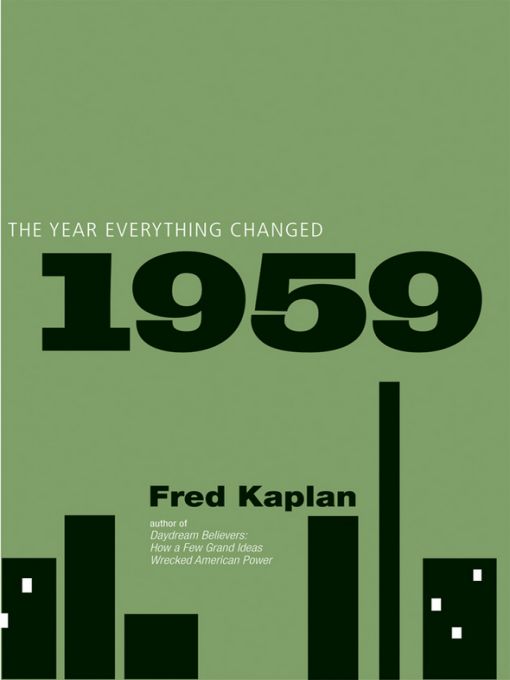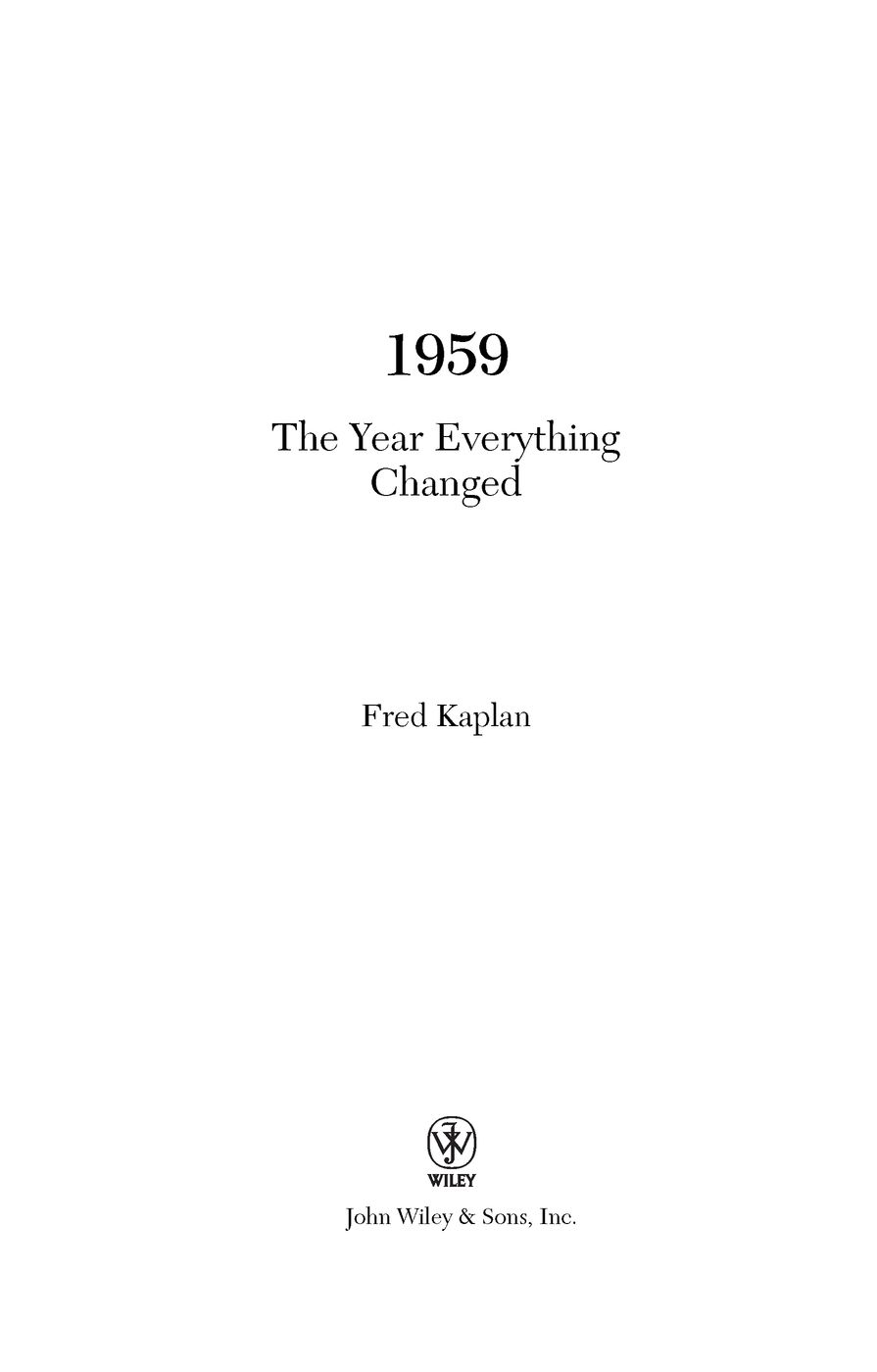Table of Contents
Books by Fred Kaplan
1959: The Year Everything Changed
Daydream Believers: How a Few Grand Ideas
Wrecked American Power
The Wizards of Armageddon
For Maxine & Sophie, through the next fifty years
And, as always, for Brooke
I mean, man, whither goest thou? Whither goes thou, America, in thy shiny car in the night?
Jack Kerouac
I tell you, the New Frontier is here, whether we seek it or not.
John F. Kennedy
What we in hindsight call change is usually the unexpected swelling of a minor content as it imperceptibly becomes a major one and alters the prevailing mood.
Morris Dickstein
Timeline
January 1 Fidel Castros revolutionaries take power in Cuba.
January 2 Soviets Lunik 1 spacecraft breaks free of Earths gravitational pull.
January 4 Soviet deputy premier Anastas Mikoyan visits the United States.
January 9 Federal judge orders Atlanta to integrate its buses and trolleys.
January 10 Hayden Planetarium in New York reopens with a show on space exploration called The Sky Is the New Frontier.
January 12 Berry Gordy borrows $800 from his family to buy a studio for his new record company, Motown.
January 19 Federal judge orders Virginia to desegregate its schools.
February 5 Allen Ginsberg returns to Columbia University to give a poetry reading to a packed auditorium.
February 13 U.S. Air Force generals coin the word aerospace to claim military control of outer space in addition to the skies.
March 1 Martin Luther King Jr. meets with Vinoba Bhave, the Gandhian walking saint, at the ashram in Ahmedabad, India.
March 2 Miles Davis begins to record Kind of Blue.
March 3 U.S. Pioneer IV spacecraft matches the feat of Lunik 1.
March 12 C. Wright Mills publishes Culture and Politics: The 4th Epoch, inspiring an American New Left.
March 13 Herman Kahn begins his marathon lecture series on thermonuclear war.
March 17 Excerpt of William Burroughss Naked Lunch appears in Big Table magazine.
March 18 U.S. Postmaster General seizes copies of Big Table for violating obscenity laws.
March 18 Barney Rosset of Grove Press announces he will publish the illegal, uncensored version of D. H. Lawrences Lady Chatterleys Lover.
March 24 Texas Instruments announces the invention of the integrated circuit, or microchip.
April 5 3rd International Auto Show introduces the Datsun and the Toyota.
April 9 Sick comic Lenny Bruce appears on national television.
April 15 Fidel Castro visits the United States.
April 28 Grove Press sues U.S. Post Office for confiscating copies of Lady Chatterleys Lover.
May 4 John Coltrane records Giant Steps.
May 7 Philip Roths Goodbye, Columbus is published.
May 22 Ornette Coleman records The Shape of Jazz to Come.
June 8 U.S. Navy and Post Office launch missile mail experiment.
June 18 Federal court overturns Arkansas school-segregation law.
June 25 Dave Brubeck starts to record Time Out.
June 29 U.S. Supreme Court overturns the banning of a French film of Lady Chatterleys Lover.
July 8 First two U.S. soldiers are killed in South Vietnam.
July 12 Malcolm X travels to the Middle East.
July 13 Mike Wallaces TV documentary The Hate That Hate Produced, about Malcolm X and the Black Muslims, is aired nationwide.
July 21 Grove Press wins court victory and right to publish Lady Chatterleys Lover.
July 23 G. D. Searle applies for FDA approval of the birth control pill.
July 24 Soviet premier Nikita Khrushchev and Vice President Richard Nixon hold kitchen debate in Moscow.
September 9 U.S. Civil Rights Commission releases its first report detailing racial discrimination in America.
September 15 Khrushchev visits the United States.
September 19 Philip Morrison and Giuseppi Cocconis Searching for Interstellar Communication is published in Nature.
October 4 Allan Kaprow stages the first Happening.
October 5 IBM 1401, first practical business computer, goes on sale.
October 21 Guggenheim Museum, first U.S. art museum dedicated to non-objective art, opens.
October 30 Norman Mailers Advertisements for Myself is published.
November 4 John Howard Griffin begins his trip to the Deep South disguised as a black man, for his book Black Like Me.
November 11 John Cassavetes film Shadows opens.
November 16 Franois Truffauts The 400 Blows opens in New York.
November 17 The Ornette Coleman Quartet debuts at the Five Spot.
November 19 Ford Motor Company shuts down production of the Edsel.
December 16Sixteen Americans, the first museum show featuring Robert Rauschenberg and Jasper Johns, opens at the Museum of Modern Art.
December 31 John F. Kennedy prepares to announce that he will run for president in the 1960 election.
Breaking the Chains
On January 2, 1959, a Soviet rocket carrying the Lunik I space capsulealso known as Mechta, the dreamblasted off from the Baikonur Cosmodrome in Tyuratam, Kazakhstan, accelerated to twenty-five thousand miles per hour (the magical speed known as escape velocity), sailed past the moon, and pushed free of Earths orbit, becoming the first man-made object to revolve around the sun among the celestial bodies. The next issue of Time magazine hailed the feat as a turning point in the multibillion-year history of the solar system, for one of the suns planets had at last evolved a living creature that could break the chains of its gravitational field.
The flight of the Lunik set off a year when chains of all sorts were broken with verve and apprehensionnot just in the cosmos, but in politics, society, culture, science, and sex. A feeling took hold that the breakdown of barriers in space, speed, and time made other barriers ripe for transgressing.
1959 was the year when the shockwaves of the new ripped the seams of daily life, when humanity stepped into the cosmos and also commandeered the conception of human life, when the world shrank but the knowledge needed to thrive in it expanded exponentially, when outsiders became insiders, when categories were crossed and taboos were trampled, when everything was changing and everyone knew itwhen the world as we now know it began to take form.
Just two months before Lunik, the jet age roared into being, when a brand-new Boeing 707, owned by Pan American World Airways, took off with great fanfare on the first nonstop flight across the Atlantic to Paris. On the runway, First Lady Mamie Eisenhower declared, I christen thee Jet Clipper America! before smashing a bottle of ocean water across the planes nose and cheering with a crowd of thousands as the plane rolled down the runway while the Air Force band played The Star-Spangled Banner. The



